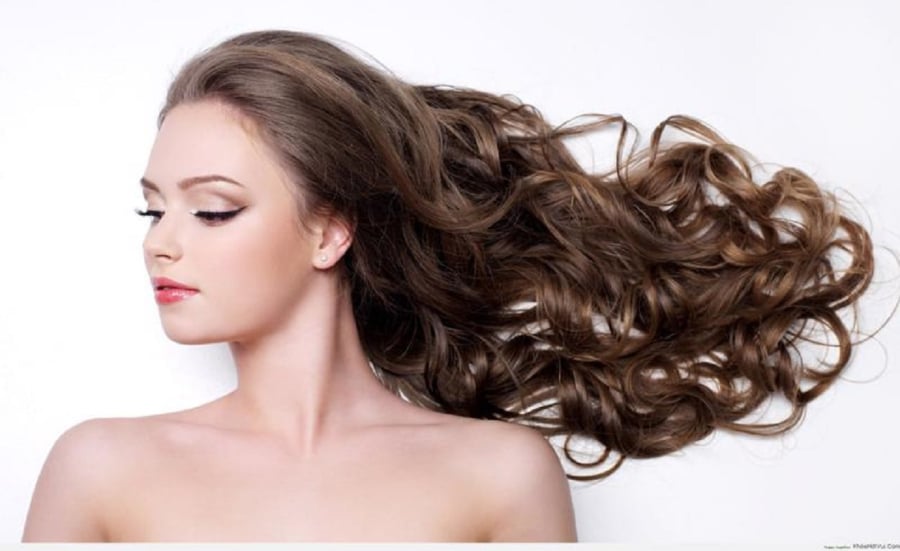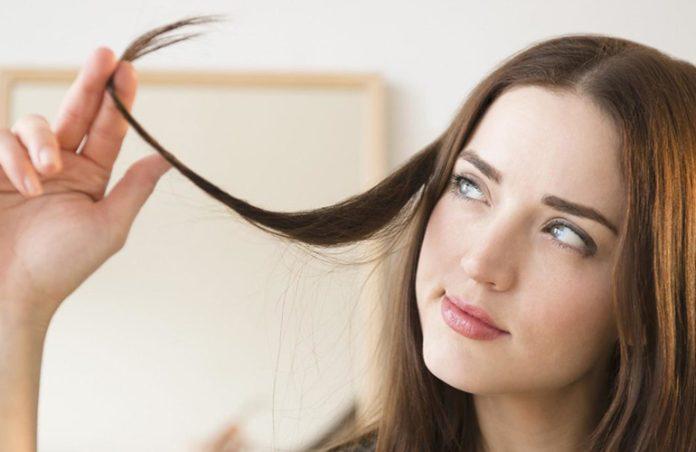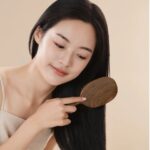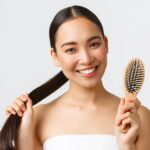Shampooing your hair is not just about cleansing; it also impacts your scalp health and overall bodily well-being. Doing it incorrectly can inadvertently weaken your hair, making it prone to breakage and other unwanted issues. Here are some essential tips to properly care for your hair.
How Often Should You Shampoo?
The frequency of shampooing varies from person to person and depends on your scalp type. If you have a normal scalp, it’s best to shampoo every other day or every two days to maintain clean hair while preserving natural oils. In contrast, those with oily scalps may need to shampoo more frequently to control sebum production, prevent greasy hair, and reduce hair loss caused by clogged hair follicles.

Why Should You Avoid Sleeping with Wet Hair?
Wet hair is vulnerable to damage, especially when it comes into contact with a pillow, leading to friction that can make your hair dry, brittle, and prone to breakage. Additionally, a moist scalp environment encourages bacterial and fungal growth, causing itching, dandruff, and even increased hair loss.
Why Is It Not Recommended to Brush Your Hair Immediately After Shampooing?
Right after shampooing, your hair is at its weakest, and brushing at this time can cause hair strands to stretch and break. To minimize damage, gently blot your hair with a towel, and wait until it’s slightly drier before using a wide-tooth comb to gently detangle it.
Why Should You Not Apply Shampoo Directly to Your Hair?
Pouring shampoo directly onto your scalp can cause an uneven distribution of chemicals, leading to scalp irritation or an oily residue. The best practice is to dispense shampoo into your hands, lather it up, and then apply it to your hair, ensuring a more even distribution and effective cleansing.

Does Nighttime Shampooing Increase the Risk of Scalp Infections?
If you have a habit of shampooing at night but don’t completely dry your hair before sleeping, you increase the risk of scalp infections. A moist scalp environment encourages bacterial growth, leading to itching, flaking, blistering, and increased hair loss. If left untreated, hair loss can become more severe, leaving behind severely damaged areas of the scalp.
How Can You Shampoo Correctly to Reduce Hair Loss?
Before shampooing, gently comb your hair to detangle it, minimizing hair fall during cleansing. After shampooing, avoid going out with wet hair as it easily attracts dust and dirt. Particularly, do not sleep with damp hair as it creates a favorable environment for bacterial growth, weakening hair and increasing hair loss.
In addition to hair care habits, hair loss can be caused by various other factors such as prolonged stress, sleep deprivation, poor nutrition, genetics, or exposure to hair chemicals. If you’re experiencing abnormal hair loss, combine external care with internal nourishment by ensuring adequate nutrition, maintaining a calm mind, and adopting healthy lifestyle habits.
Is It Advisable to Shampoo During Menstruation?
During menstruation, especially in the first few days, your body may feel more fatigued due to hormonal fluctuations. Shampooing during this time can exacerbate the fatigue, especially if your hair takes a long time to dry. However, if you need to shampoo, do it quickly and blow-dry your hair immediately afterward to minimize any health impacts.
Why Should You Avoid Shampooing When You Have a Fever?
When you have a fever, your body is weak and susceptible to catching a chill. Shampooing in this state can aggravate the fever, especially in the elderly and children. It’s best to wait until you’ve recovered before shampooing to avoid worsening your condition.
Why Is It Inadvisable to Shampoo Right After Dinner?
After a meal, your digestive system needs to work hard to absorb nutrients. If you bathe or shampoo immediately afterward, your body must also allocate energy to temperature regulation, which can slow digestion and cause discomfort or increase the risk of cardiovascular and circulatory issues.
Is It Recommended to Shampoo Right After Exercising?
After intense physical activity, your body produces a lot of sweat, and your body temperature rises. Shampooing immediately afterward can cause pores to suddenly contract, affecting blood circulation and leading to dizziness. Wait until your body has cooled down and your heart rate has stabilized before bathing or shampooing to maintain optimal health.
What Is the Ideal Time of Day to Shampoo Your Hair?
The most suitable time to shampoo is between 10 am and 2 pm, when body temperature is stable, and hair can dry faster. If morning or noon shampooing isn’t feasible, aim for before 8 pm to avoid interfering with sleep and prolonged scalp moisture.





































